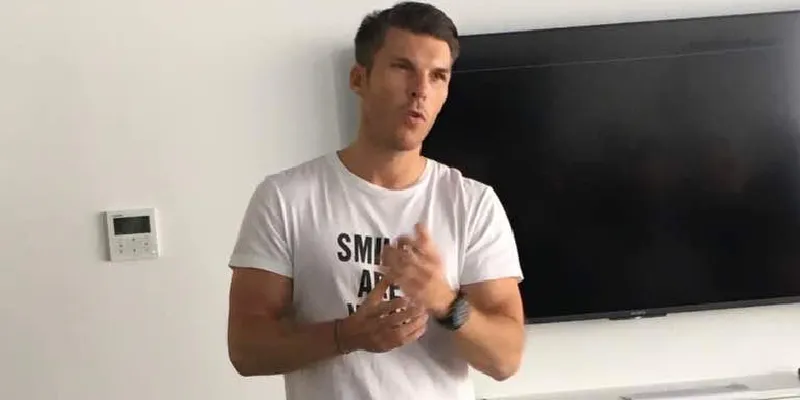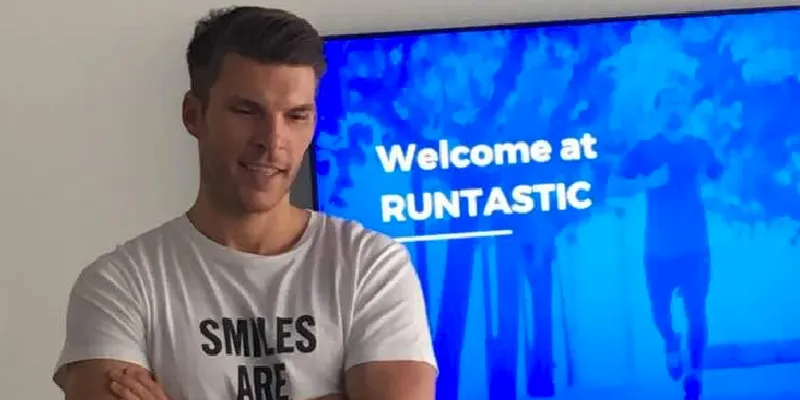'Say you cannot do it, and I will show you how it's done': lessons from Runtastic's success story
I got a chance to listen to 34-year-old Florian Gschwandtner, Co-founder and CEO of Runtastic, the biggest startup success story from Austria so far. Runstastic was acquired by Adidas for $240 million in 2015.
His story will resonate with every startup founder facing detractors and naysayers every single day. Florian turned his naysayers' discouragements and scripted a global success story for his venture. Here are some excerpts from Florian's talk - read and watch, and get turbocharged.

“In general, the Austrians are a people who always need to know why something is not working or going to work. So, if you come to the table with a solution, they might find five problems for it. I think this is what we have to change. The answer we got at the beginning was, ‘Oh, guys! This is not a business. Don’t do that. Try to do something good. And also, four founders? With four founders, it's not going to work.’
“Basically, what we heard was that there are so many reasons why it won't work. Fortunately, we didn’t believe those wise guys, and instead, we started anyways. It was hard because we didn’t have any money. So we worked on the weekends. We took that money to pay our first employees and the founders – we didn’t get any salary for the first 18 months. But there were two really big learnings in that.
“One was that we really focussed on the business model of Runtastic. When we launched our apps, we always had our paid app. We knew we have to make money from the very beginning, and many of the startups here we see – they get a lot of money – and yet sometimes are not careful about the business model. They spend a lot here and there and never became cash positive.

“After 18 months of starting up, we became cash flow positive and we could pay our bills from our own income. It was really a good feeling. It was very helpful for negotiation with other companies because we never needed the money.
“The second learning, which was quite good, was that if you don’t have money, you don’t think about doing something frivolous. You focus on the core.”







